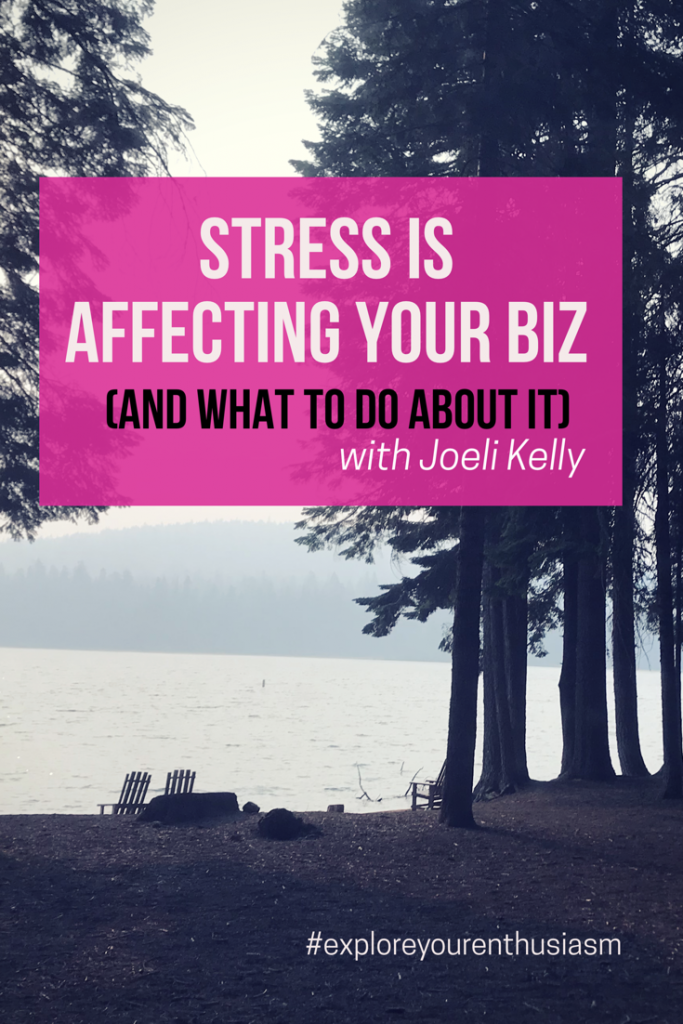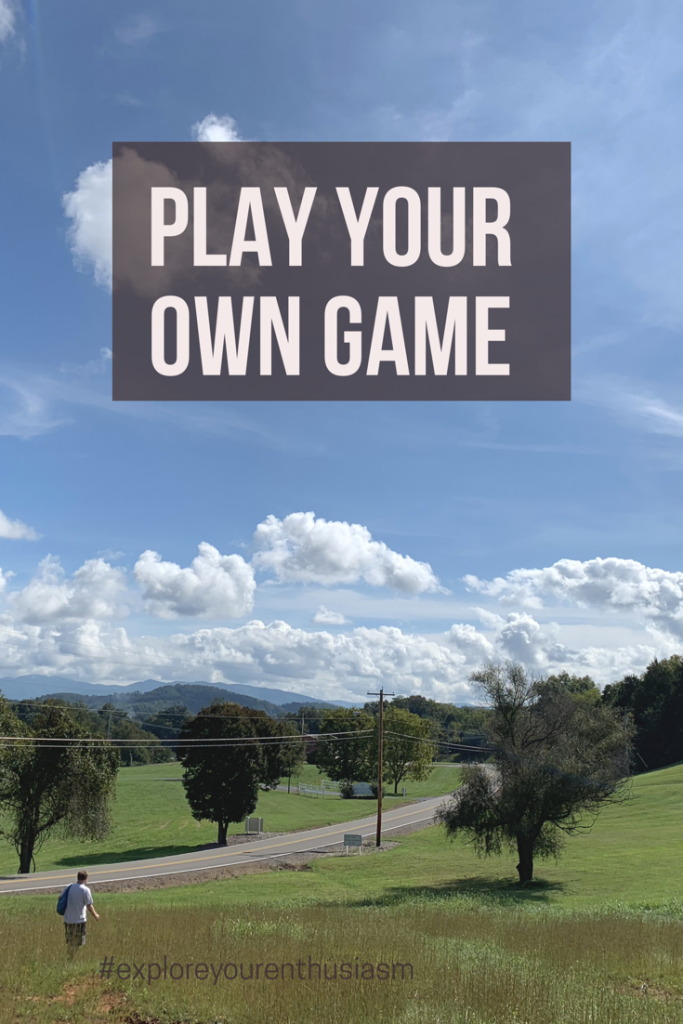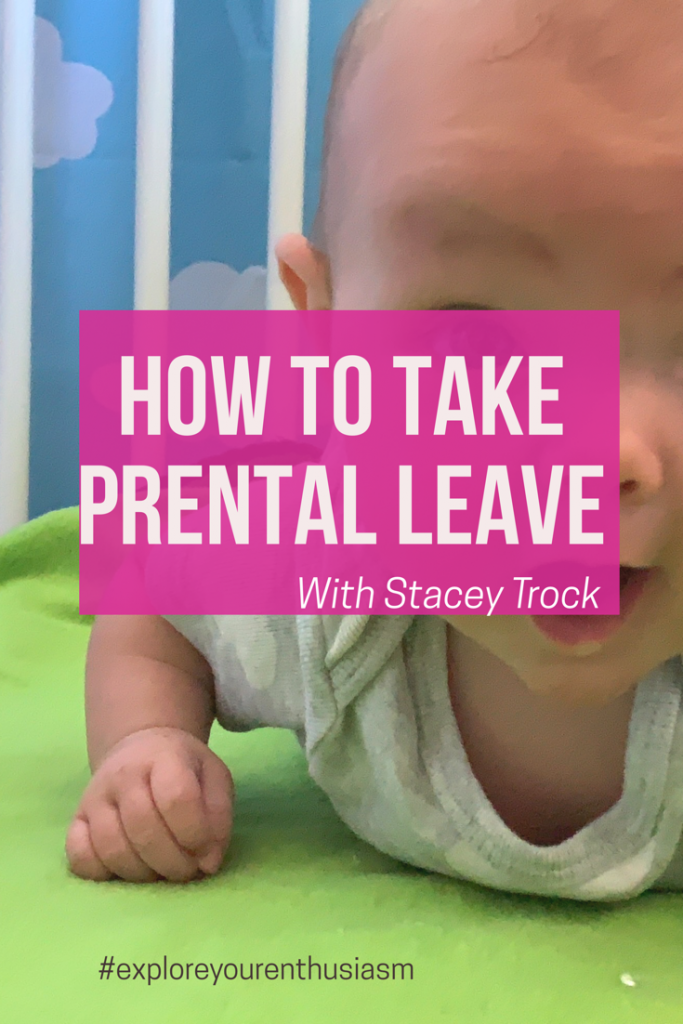Podcast: Play in new window | Download
Do you always seem to be coming down with some cold or bug? Do you feel exhausted all the time? When you sit down to work, do you find it difficult to focus and get distracted by Facebook and social media? Do you find yourself struggling to get motivated to send your newsletter or record that video? Well, stay tuned, because today we are going to talk about the one factor that might be the reason for all of those things.
I'm Joeli Kelly, and I'm filling in for Tara this episode
Today I want to touch on something I've been severely affected by and see affecting my friends on a pretty much daily basis: stress.
Firstly, let's define what stress is: Stress is an extra physiological demand on your body. It can be physical, environmental, or emotional and it can be painful or pleasurable. Basically, stress is anything that disrupts our current state of being.
Next, we need to talk about our nervous system. The parasympathetic nervous system maintains normal functions when we are not under stress. It keeps the heart rate at a reasonable pace, supports healthy digestion and relaxes our muscles. But when we are under stress, the sympathetic nervous system kicks in and starts responding to that stress so that we stay alive. One of the ways the body reacts to stress is by releasing stress hormones. When we experience a stressor, the adrenal glands get a message to release noradrenaline, adrenaline, and/or cortisol depending on the situation and the perceived threat. When the stress is gone, everything is supposed to go back to normal.
These hormones affect more than the areas we might think they do. For example, we all have probably experienced a moment of stress that sent our heart rate soaring, made our breathing get shallow, and our palms get sweaty. But there are other effects that are less obvious. The hormone cortisol regulates the metabolism of proteins, fats and carbs. It gets released because in times of stress the body wants us to start using up the fastest available energy first. So cortisol instructs our bodies to release a flood of glucose and then it also inhibits insulin production, so the glucose is used and not stored. This is good if the stress is short-term like during a workout, but pretty bad if we are experiencing chronic stress.
What are some examples of chronic stress? Not sleeping enough. Not eating a nutritious diet. Being in a job with a lot of pressure or high demands (even if these high demands only come from ourselves). Going through times of uncertainty or significant change or very emotional times like grief and loss. Dealing with worry about money and finances.
Long-term stress (either chronic or too many periods of acute stress like overexercising) starts to affect our physical well being. It can cause headaches & muscle pain, and fatigue. Stress affects the absorption of nutrients, raises levels of stomach acid (causing heartburn and stomach upset), and can cause inflammation in the intestines – there is a significant link between IBS and stress. It can also cause sleep problems and a lowered immune system. So if you're getting sick all the time, you're most likely under too much stress. It also affects our mood due to its effect on other hormones in our body which causes us to feel anxiety, unmotivated, unfocused, overwhelmed, irritable, and depressed. I don't want to get into too many details here, but you can research further how stress affects serotonin levels for example (which it's been shown that low levels lead to anger control issues, depression, migraines and IBS.) The main point is that stress affects our body physically by raising certain hormone levels and affects our emotional well being by lowering the levels of other hormones, and long-term this can be very damaging.
Now stress is normal, and in the short term can even be good (for example our muscles grow and get stronger by first being stressed through exercise), and we are never going to eliminate all stress. That's absolutely not the goal. The goal is to balance things out. We all know that after we exercise we should stretch and rest. The same is true for other areas of our life. If we have a stressful job, then we need to balance that out with something that brings the scale back to the center.
There is a chemical our brain makes called GABA which is an inhibitor – basically, it lowers the activity of other cells, particularly those that cause anxiety – which in turn helps us relax and balances our mood. If we don't have enough of it, it leads to anxiety disorders. (Many drugs that are anti-depressants work by interacting with GABA and its receptors.) One of the things we can do to balance periods of stress is to get our body producing more of this chemical and others, like serotonin that we mentioned earlier.
There are many ways to achieve this balance, but I'm going to touch on six that I think are easy enough for everyone to do.
The first way is exercise. Yes, too much exercise actually raises our stress levels, but you should be moving your body in some way every day. Exercise releases serotonin and dopamine and helps burn off some of the excess energy that our body creates as a response to stress. Doing gentle exercise like walking and yoga is an excellent option if you don't want to do anything too strenuous.
The next way is getting enough sleep. You need a minimum of 7 hours, with 8-9 being the ideal. The importance of getting good quality, restful sleep really can't be emphasized enough. It's a time for our body to rest and reset.
Third, diet and hydration. I know this is a bit boring. But poor nutrition and dehydration add stress to the body. So drink water, eat your fruit and veg, get your B12, Vitamin D, Omegas and maybe add a probiotic if gut health is a concern. Of course, a doctor or qualified nutritionist should be consulted if you need specific advice in this area.
Fourth, meditation. Meditation has been shown to increase levels of GABA and reduce levels of cortisol and noradrenaline. Studies show that 20 minutes a day is ideal, but honestly, 5-10 minutes is going to do you wonders. Even one minute of focused breathing can help calm down our stress responses.
Fifth, connecting with friends. A lot of times when our anxiety is high, or our mood is really low we withdraw from our friends and social situations. This is actually really counterproductive. Studies have shown that when we spend time with friends our cortisol levels go down and endorphins are released. Basically spending time with friends, having fun, and talking about our problems is vital for balancing out our stress.
Lastly, having a hobby. Having something that is fun and we can look forward to can be really helpful for managing stress. Hobbies might bring us into social situations, or it might be something we do alone. But if it's fun and feels relaxing, then it's worth doing. (Note: mindlessly watching TV that we don't really enjoy doesn't count nor does binge-watching Netflix for long periods of time.)
Now we can carry on for months and months in our high-stress lives, and not think of anything of it until something happens which forces us to rest. When that illness or burnout hits, we might turn to things like mediation and healthy eating to help us get back on track. But then when we start feeling better, our healthy habits start to slip away again, and we go back to the grind. Please don't do this. Please don't wait for things in your life to slow down before you rest, or say “well I just get through this launch and then I'll rest.” Because you know and I know, that you most likely won't rest. You'll find something else to throw yourself into. And meanwhile, the stress builds and builds in your body.
Start getting yourself back in balance today.
Now, we all are aware that knowing what to do and actually doing it are two different things.
If you:
- need help identifying the habits that would make the most significant difference to your life
- want to design an action plan that you're actually excited about
- would like to understand your motivation style so you can actually get stuff done
- and want to be held accountable along the way, so you actually follow through with it all
- then you might want to work with a coach.
You can google “wellness life coach” to find people trained in this area, or you can get in touch with me! I've been helping women create lives they love for the past few years, and nothing would make me happier than to see all women reduce a bit of the stress in their lives. (After all, we can't smash the patriarchy if we're all burnt out!) I offer a free 20-minute introductory chat so we can talk more — you can email me hello@joelicreates.com or find me on Instagram (I'm @joelicreates there) if you would like to chat more. And be sure to let me know you heard me on Tara's podcast!
How to listen
- You can subscribe to it on iTunes (If you do, leave a review!)
- You can listen to it using the player above or download it.
- Subscribe or listen via Stitcher (or subscribe in whatever you use for podcasts – just search “Explore Your Enthusiasm” and it should pop up!).






